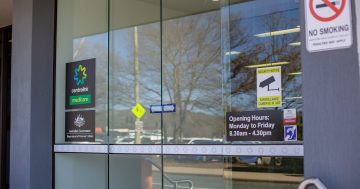 A new report has found that a lack of diversity in areas of the United States Public Service could potentially lead to a lack of trust with the community.
A new report has found that a lack of diversity in areas of the United States Public Service could potentially lead to a lack of trust with the community.
The report, from the MissionSquare Research Institute, compares historical and current Public Service diversity figures to those of the broader workforce.
It also includes data on diversity within the wider Public Service such as Local Government, education and health care.
In its report, the Institute said that a lack of diversity had led to under-representation for minorities and caused staff to leave due to discrimination.
“African Americans and Hispanics are under-represented among managers and professionals, and women are under-represented among chief administrative officers, such as city managers,” the Institute said.
It also found that almost 10 per cent of LGBT employees left their employer due to feeling unwelcome in the work environment which caused a toxic effect on retention.
The report includes guidance for managers who do make inclusion efforts.
“It is important for them to include acceptance and encouragement of staff to be their true selves — whether it be with their hairstyles, manner of dress, cultural or religious practices, or in referring to themselves by their preferred personal pronouns,” the Institute said.
“Having this type of acceptance in the workplace not only creates a general sense of comfort and belonging, but also a 56 per cent improvement in employee job performance,” it said.
“Doing these things also can help build trust with the public.”
The Institute said that when residents saw themselves reflected in the Public Service workforce, heard from those Agencies in their languages, or felt listened to about their community concerns, there could be a more effective partnership for problem-solving.
“Even where a workforce seems appropriately reflective of the community’s diversity, on-boarding, engagement and a focus on equity should be considered part of a Government’s journey toward continuous improvement rather than simply a box to be checked.”
“Likewise, equal opportunity on paper is an insufficient guarantee that the impacts on diverse groups within the workforce will remain equitable,” the Institute said.
Washington, 14 October 2021










